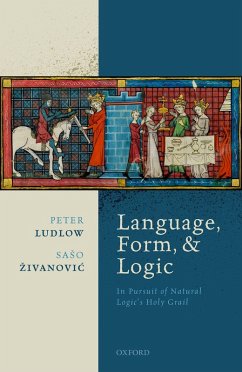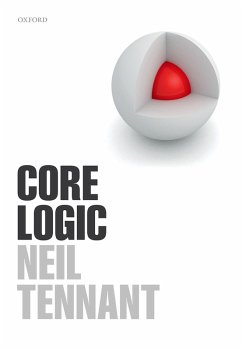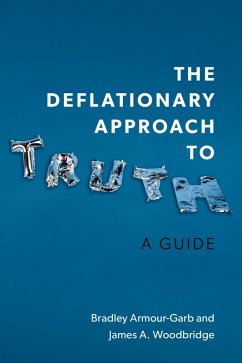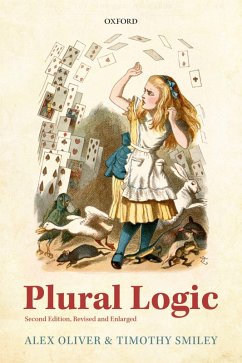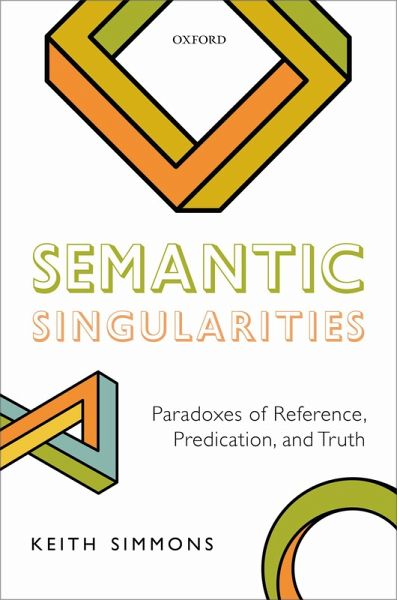
Semantic Singularities (eBook, PDF)
Paradoxes of Reference, Predication, and Truth
Versandkostenfrei!
Sofort per Download lieferbar
30,95 €
inkl. MwSt.
Weitere Ausgaben:

PAYBACK Punkte
15 °P sammeln!
This book aims to provide a solution to the semantic paradoxes. It argues for a unified solution to the paradoxes generated by our concepts of denotation, predicate extension, and truth. The solution makes two main claims. The first is that our semantic expressions 'denotes', 'extension' and 'true' are context-sensitive. The second, inspired by a brief, tantalizing remark of Gödel's, is that these expressions are significant everywhere except for certain singularities, in analogy with division by zero. A formal theory of singularities is presented and applied to a wide variety of versions of ...
This book aims to provide a solution to the semantic paradoxes. It argues for a unified solution to the paradoxes generated by our concepts of denotation, predicate extension, and truth. The solution makes two main claims. The first is that our semantic expressions 'denotes', 'extension' and 'true' are context-sensitive. The second, inspired by a brief, tantalizing remark of Gödel's, is that these expressions are significant everywhere except for certain singularities, in analogy with division by zero. A formal theory of singularities is presented and applied to a wide variety of versions of the definability paradoxes, Russell's paradox, and the Liar paradox. Keith Simmons argues that the singularity theory satisfies the following desiderata: it recognizes that the proper setting of the semantic paradoxes is natural language, not regimented formal languages; it minimizes any revision to our semantic concepts; it respects as far as possible Tarski's intuition that natural languages are universal; it responds adequately to the threat of revenge paradoxes; and it preserves classical logic and semantics. Simmons draws out the consequences of the singularity theory for deflationary views of our semantic concepts, and concludes that if we accept the singularity theory, we must reject deflationism.
Dieser Download kann aus rechtlichen Gründen nur mit Rechnungsadresse in A, B, BG, CY, CZ, D, DK, EW, E, FIN, F, GR, HR, H, IRL, I, LT, L, LR, M, NL, PL, P, R, S, SLO, SK ausgeliefert werden.





